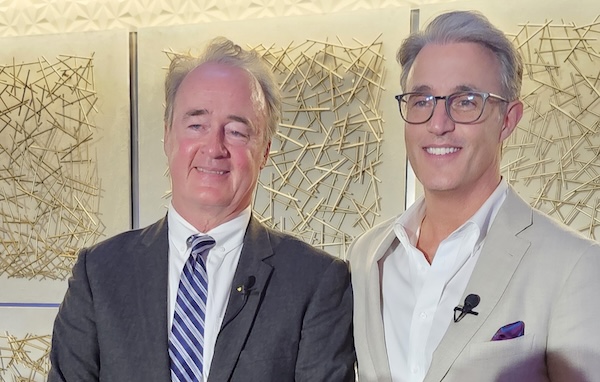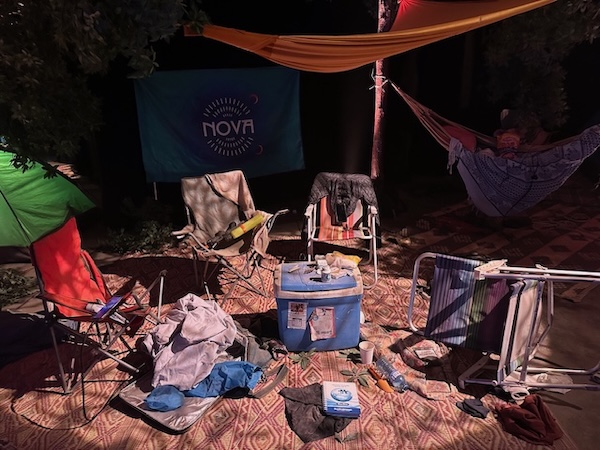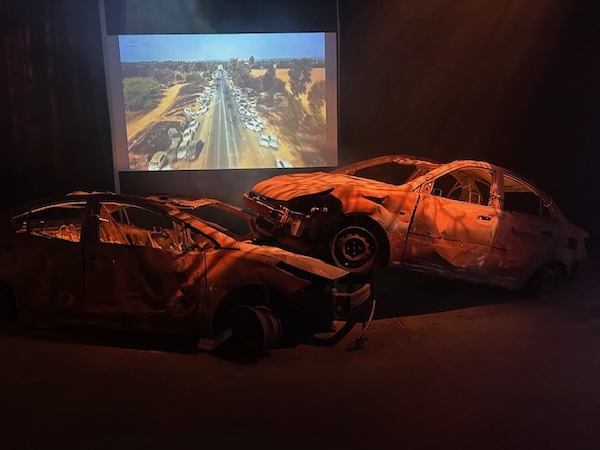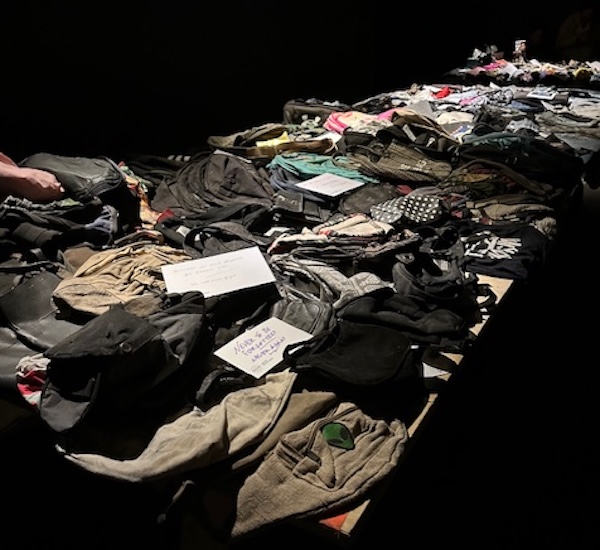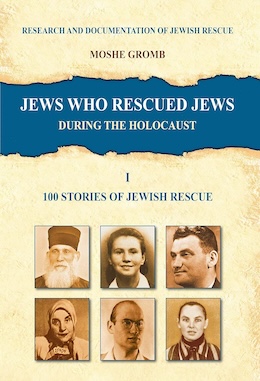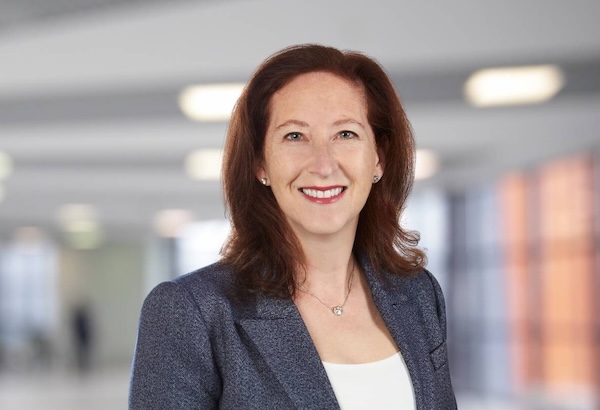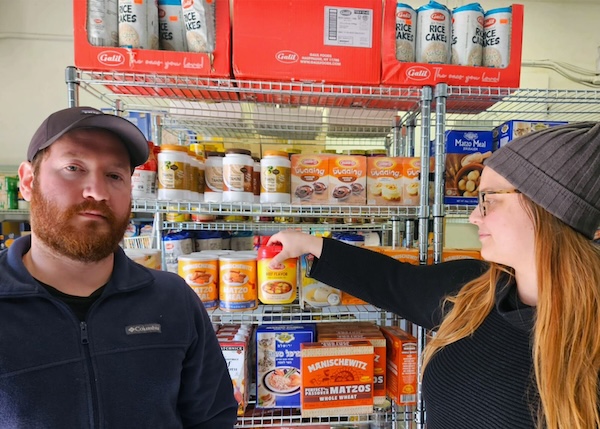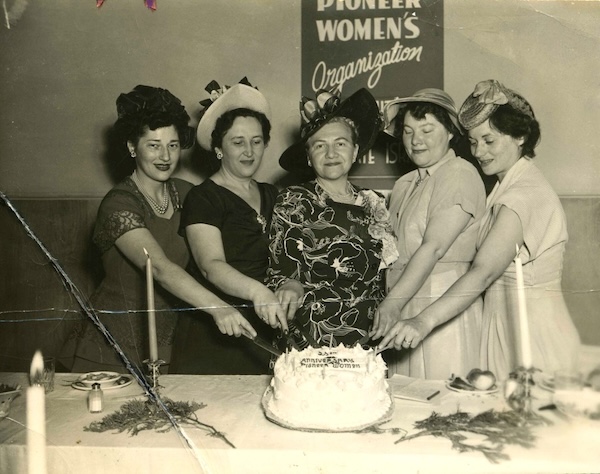On Aug. 5, B’nai Brith Canada hosted an online discussion on the crises affecting Druze communities in Syria and the Iranian people, with a focus on the impact on these diasporas in Canada and potential actions by the Canadian government.
The speakers were Kiumars Rezvanifar, president of the Canadian Ethnic Media Association and founder of the Iranian Canadian Cultural Fellowship, and Jamal Sehnawi, an advisor to the Supreme Druze Council and a member of the Canadian Druze Society.
Rezvanifar said the recent violence in Syria’s Suwayda (Sweida) governorate could have resulted in “hundreds of thousands” of Druze deaths if the Israel Defence Forces had not intervened. He said the attacks included the killing of civilians and kidnappings, highlighting the case of a 5-year-old girl who was kidnapped, assaulted, and her family killed, allegedly by members of Hayat Tahrir al-Sham (HTS). He lamented that major Arab media outlets like Al Jazeera and Al Arabiya have downplayed the crisis, a silence he called “a moral issue.”
Independent casualty figures vary. The Washington Institute reported more than 800 dead and 900 injured. Reuters-verified footage and the Syrian Network for Human Rights cited more than 1,000 deaths, mostly Druze, including women and children. The Syrian Observatory for Human Rights documented 182 executions by government-affiliated forces as of July 19. Le Monde reported 1,311 deaths, while Anadolu Agency cited at least 321 killed, including six children and nine women.
These attacks have deeply shaken Canada’s Druze community, said Rezvanifar, who estimated the Druze population in Canada at about 50,000, mainly in Montreal, Toronto and Edmonton.
Sehnawi described the violence in Suwayda as “ethnic cleansing,” attributing it to the Syrian Ministry of Defence and Interior and to foreign fighters. He said the Druze community’s requests were for peace and recognition similar to that afforded to other communities worldwide.
Throughout the discussion, Sehnawi spoke about historical and cultural ties between Jewish and Druze communities, referring to Druze as “direct descendants to the sons of Jacob (Israel)” and noting traditions of service and community support.
The online conversation also addressed the situation in Iran. Rezvanifar spoke about decades of repression by the Iranian government, citing executions, censorship and the suppression of protests. He criticized European countries for “prioritizing economic interests over human rights,” noting that international attention often came “too late to effectively help the Iranian people facing brutal repression.”
In the face of internet blackouts and censorship, Rezvanifar praised citizen journalists, saying, “The Iranian population is tech-savvy and educated, constantly finding ways to circumvent restrictions.”
Rezvanifar alleged that Iranian regime operatives live openly in Canadian cities such as Vancouver and Richmond Hill (part of the Greater Toronto Area), claiming “thousands of visas may have been issued to regime members” and “fewer than 10 deportations have occurred in the past five to eight years.” These figures have not been independently confirmed.
He commented on the fact that it took repeated calls before Canada designated the Iranian Revolutionary Guard Corps a terrorist organization in 2024. The measure had been sought by various groups since the January 2020 downing of Ukraine International Airlines Flight PS752, which killed 176 people, most of them Canadian citizens or residents. Both speakers called for Canada and the international community to take action in support of affected communities.
“In real estate, it’s all about location, location, location,” Sehnawi concluded. “In this situation, it’s all about information, information, information.”
Uriel Presman Chikiar is a student at Queen’s University and serves as executive vice-president of external relations at Hillel Queen’s.

